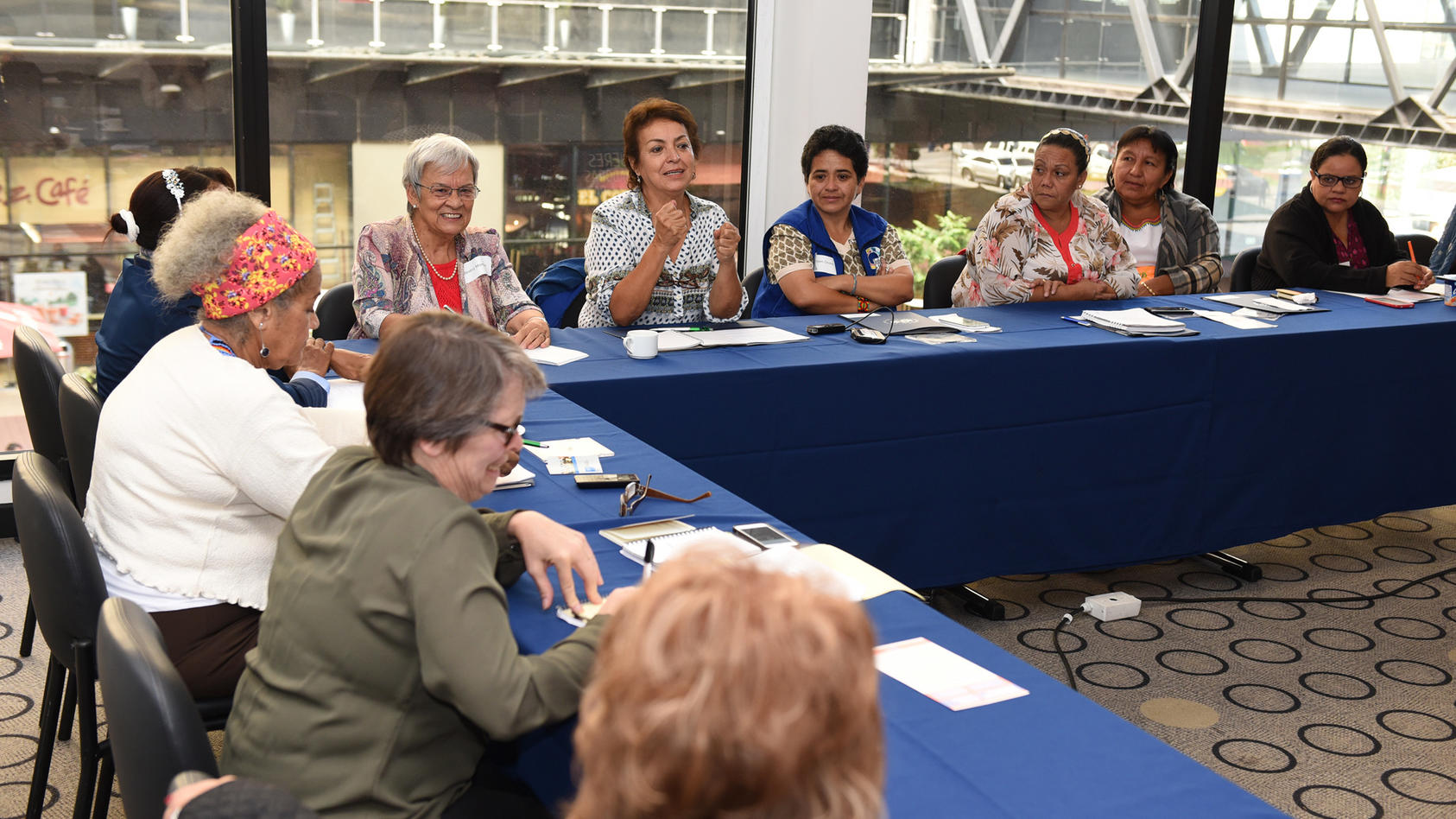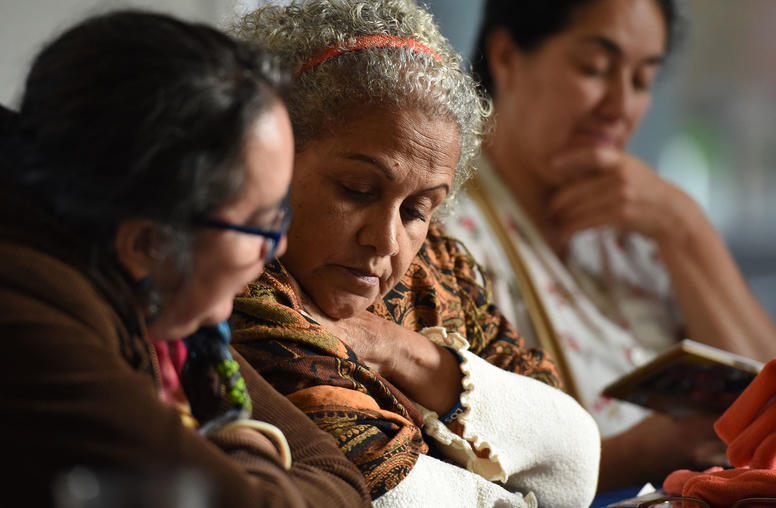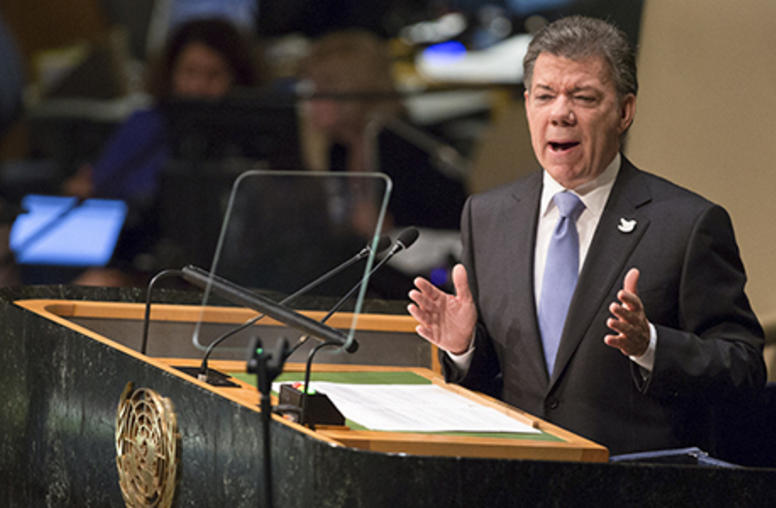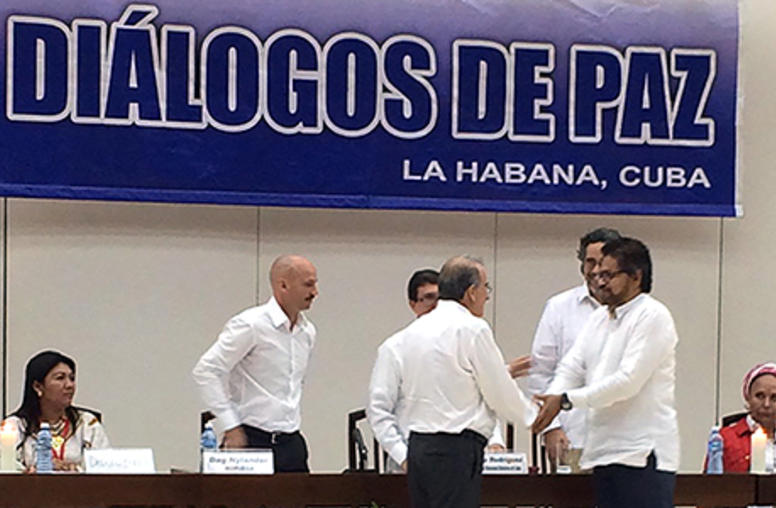The Mediation in Colombia project is designed to generate discussion about Colombia’s past efforts to resolve its longstanding internal armed conflict.

The goals of the project are to:
- Draw lessons from Colombia’s past negotiating experiences to assist in future peace talks
- Contribute to the systematization of materials from previous peace initiatives in Colombia
- Contribute to a peaceful settlement with Colombia’s remaining guerrilla groups, especially the Colombian Revolutionary Armed Forces (FARC) and the National Liberation Army (ELN)
- Explore ways that international mediation experiences that might be relevant for Colombia.
Background
In the last 25 years, several governments in Colombia have engaged in peace talks that resulted in intermittent or partial successes, including the disarmament of at least five guerrilla groups or factions thereof. These experiences, as well as peace initiatives with each of the two major guerrilla groups— the FARC and the ELN -- provide a rich legacy of lessons yet to be mined. By analyzing the shortcomings and successes of past peace initiatives as well as the role of civil society actors and the international community in mediation, USIP hopes to generate new thinking on how to reach agreements on the key issues that have proved to be stumbling blocks to peace in the past.
Activities
This project involves identifying, interviewing, convening, and commissioning papers from current and former mediators, facilitators, and civil society guarantors of the peace processes in Colombia and expert observers who study the Colombian conflict. The activities are designed to encourage participants to reflect on past peace initiatives, and to develop resources that might be useful when future opportunities for peace talks emerge.
USIP activities this year have included:
- Co-sponsorship of a 2-day conference hosted by the Center for Research and Popular Education (CINEP) on November 4-5, 2010 in Bogotá, Colombia
Read the program agenda | Read the conference communiqué (in Spanish) - Sponsorship of an academic panel on “Lessons from Past Peace Processes in Colombia,” at the Latin American Studies Association meetings (Rio de Janeiro, June 2009). Panelists included Mauricio García-Durán, Alvaro Villarraga, Marc Chernick, León Valencia and Virginia M. Bouvier (chair and organizer).
- Roundtable Discussion on “Mediation in Colombia” at the Latin American Studies Association meetings in Toronto, Canada (October 2010) with Marc Chernick, Alberto Valencia, Elvira Sanchez-Blake, and Virginia M. Bouvier (chair and organizer).
- Sponsorship of a panel discussion on “Challenges to International Mediation” at the International Studies Association meetings in Montreal, Canada (March 16, 2011). Discussants included USIP Senior Program Officer Virginia M. Bouvier, USIP Senior Fellow Cecile Aptel, and Stine Lehmann-Larsen from the Centre for Humanitarian Dialogue.
USIP has been spearheading a collaborative research project with the Universidad de los Andes in Bogotá, the Colombian Jesuit Research Institute (CINEP), and the Latin American Studies Center at Georgetown University and others to analyze past peace processes and their impact on prospects for a future political solution to the conflict in Colombia. On October 15, 2012, the consortium released a new document, “Lessons for Colombia’s Peace Talks in Oslo and Havana,” published in Spanish as “Lecciones para los diálogos en Oslo y La Habana.”







